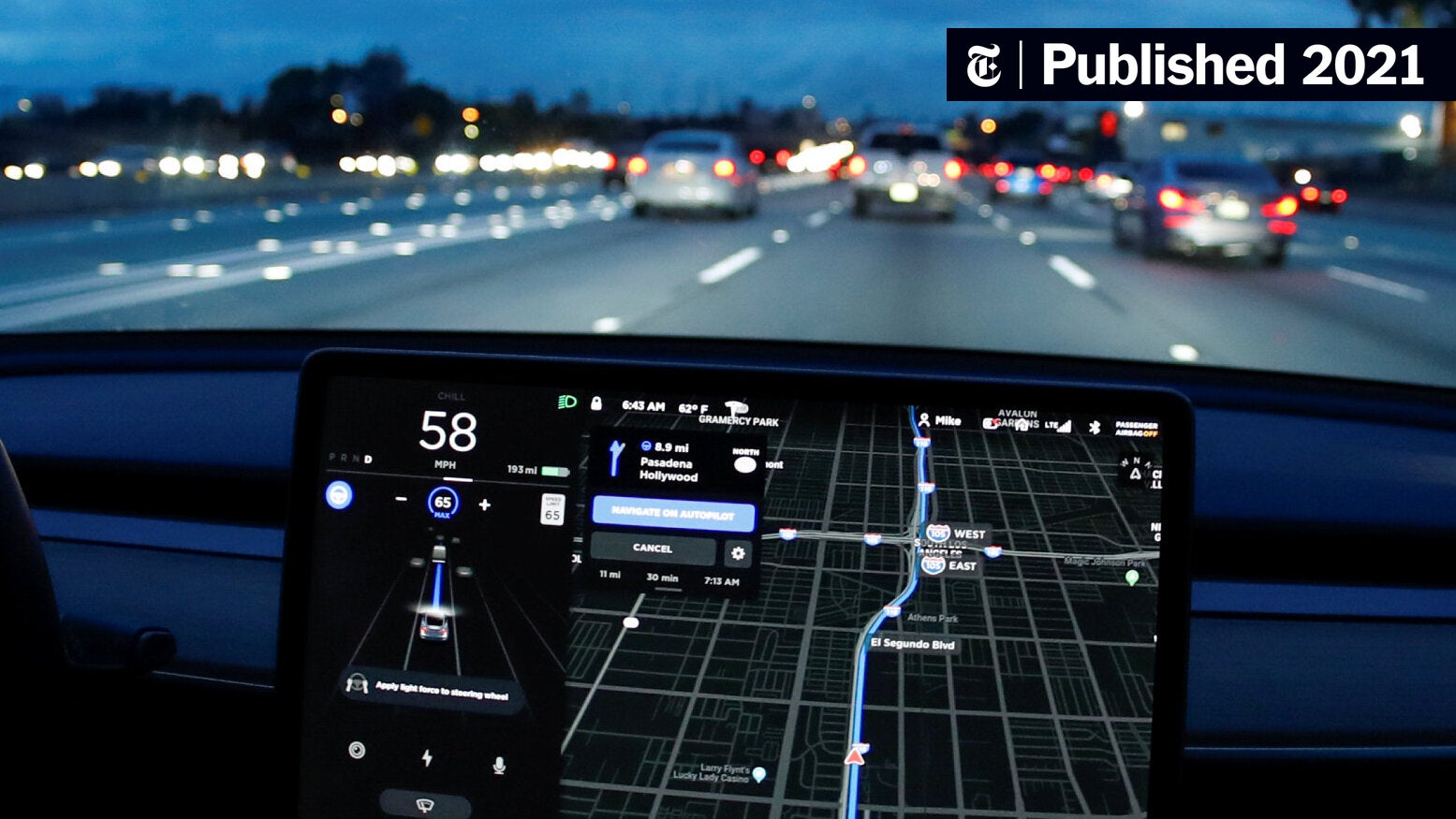10 Benefits of Self-Driving Cars: A Comprehensive Guide
Welcome to our comprehensive guide on the 10 benefits of self-driving cars. In this article, we will delve into the numerous advantages that autonomous vehicles bring to our society. Self-driving cars have revolutionized the automotive industry, and their impact extends far beyond just transportation. Join us as we explore the incredible benefits that these vehicles offer.
Enhanced Safety
One of the most significant benefits of self-driving cars is the potential to greatly enhance safety on our roads. Autonomous vehicles are equipped with advanced technologies such as sensors, cameras, and artificial intelligence, which enable them to detect and respond to their surroundings with exceptional accuracy. By eliminating human error, which is often the cause of accidents, self-driving cars have the potential to reduce the number of collisions and save countless lives.
Reduced Traffic Congestion
Traffic congestion is a major issue in many cities around the world. Self-driving cars can help alleviate this problem by optimizing traffic flow. Through the use of interconnected systems and real-time data, autonomous vehicles can communicate with each other and make informed decisions to avoid congestion. This efficient coordination leads to smoother traffic patterns and reduced travel times for everyone.
Increased Accessibility
Self-driving cars have the potential to increase accessibility for individuals who are unable to drive due to age, disabilities, or other reasons. With autonomous vehicles, people with limited mobility can regain their independence and have the freedom to travel wherever they need to go. This increased accessibility can have a profound impact on the quality of life for many individuals.
Improved Fuel Efficiency
Another significant benefit of self-driving cars is improved fuel efficiency. Autonomous vehicles are designed to optimize driving patterns and reduce unnecessary acceleration or braking. By driving more smoothly and efficiently, self-driving cars can help conserve fuel and reduce carbon emissions, contributing to a greener and more sustainable future.
Productivity and Time Savings
Self-driving cars can transform our daily commutes into valuable time for productivity or relaxation. With autonomous vehicles handling the driving tasks, individuals can utilize their travel time to catch up on work, read, or simply unwind. This newfound productivity can lead to increased efficiency and a better work-life balance.
Enhanced Mobility Services
The advent of self-driving cars opens up new possibilities for mobility services. With autonomous vehicles, ride-sharing services can become more efficient and affordable. Additionally, self-driving cars can be utilized for on-demand transportation, making it easier for people to access transportation whenever they need it. This enhanced mobility can improve transportation options for individuals and reduce the need for personal vehicle ownership.
Improved Traffic Safety and Law Enforcement
Self-driving cars have the potential to revolutionize traffic safety and law enforcement. With their ability to accurately follow traffic laws and communicate with other vehicles, autonomous cars can significantly reduce traffic violations. Additionally, self-driving cars can assist law enforcement agencies by providing valuable data and evidence in the event of accidents or traffic incidents.
Environmental Benefits
As mentioned earlier, self-driving cars contribute to improved fuel efficiency, leading to reduced carbon emissions. This environmental benefit is crucial in combating climate change and achieving sustainability goals. By embracing self-driving technology, we can work towards a cleaner and healthier planet for future generations.
Economic Impact
The widespread adoption of self-driving cars can have a substantial economic impact. With increased safety and reduced traffic congestion, there will be fewer accidents and delays, resulting in significant cost savings. Moreover, the autonomous vehicle industry itself can create new job opportunities and stimulate economic growth through research, development, and manufacturing.
Enhanced Travel Experience
Lastly, self-driving cars have the potential to enhance the overall travel experience. With advanced entertainment systems, comfortable interiors, and the ability to focus on other activities during the journey, autonomous vehicles can transform travel into a more enjoyable and relaxing experience.

In conclusion, self-driving cars offer a myriad of benefits that extend beyond just transportation. From improved safety and reduced traffic congestion to increased accessibility and enhanced travel experiences, autonomous vehicles are poised to revolutionize our society. By embracing this innovative technology, we can create a future that is safer, more efficient, and more sustainable. Let us embrace the incredible potential of self-driving cars and pave the way for a new era of transportation.
Frequently Asked Questions
Q1: What are self-driving cars?
A1: Self-driving cars, also known as autonomous vehicles, are vehicles that can operate without human intervention, using various sensors and technologies to navigate and drive themselves.
Q2: How do self-driving cars work?
A2: Self-driving cars use a combination of sensors, cameras, radar, and advanced algorithms to perceive their surroundings, analyze data, and make decisions to navigate, accelerate, brake, and avoid obstacles.
Q3: Are self-driving cars safe?
A3: Self-driving cars have the potential to greatly improve road safety. With their advanced technologies, they can reduce human errors, which are responsible for the majority of accidents.
Q4: What are the benefits of self-driving cars?
A4: The benefits of self-driving cars include increased road safety, reduced traffic congestion, improved fuel efficiency, enhanced mobility for the elderly and disabled, and more productive travel time.
Q5: Can self-driving cars operate in all weather conditions?
A5: While self-driving cars are designed to operate in various weather conditions, extreme weather conditions such as heavy snowstorms or dense fog can still pose challenges to their sensors and navigation systems.
Q6: How do self-driving cars handle complex traffic situations?
A6: Self-driving cars use advanced algorithms and artificial intelligence to analyze and predict the behavior of other vehicles, pedestrians, and cyclists, allowing them to navigate complex traffic situations safely.
Q7: Will self-driving cars eliminate the need for human drivers?
A7: While self-driving cars have the potential to greatly reduce the need for human drivers, it is unlikely that human drivers will be comminated. There may still be situations where human intervention is required.
Q8: Are self-driving cars legal?
A8: The legality of self-driving cars varies by country and jurisdiction. Many governments are working on regulations and laws to address the deployment and operation of self-driving cars on public roads.
Q9: How will self-driving cars impact the job market?
A9: The widespread adoption of self-driving cars may lead to job displacement in certain industries, such as truck driving and taxi services. However, it is also expected to create new job opportunities in areas such as vehicle maintenance and software development.
Q10: When can we expect self-driving cars to become widely available?
A10: The timeline for the widespread availability of self-driving cars is uncertain. While some autonomous features are already being integrated into modern vehicles, achieving full autonomy and widespread adoption may take several more years.




